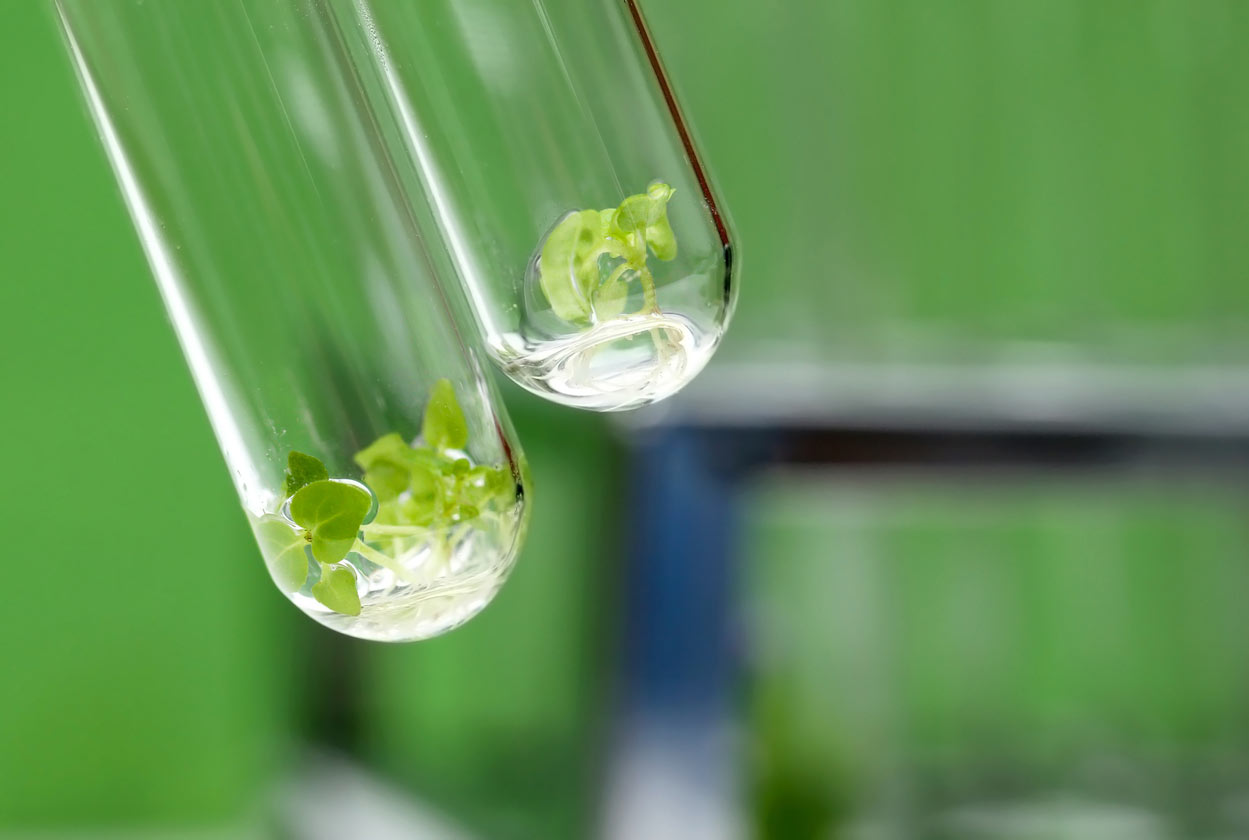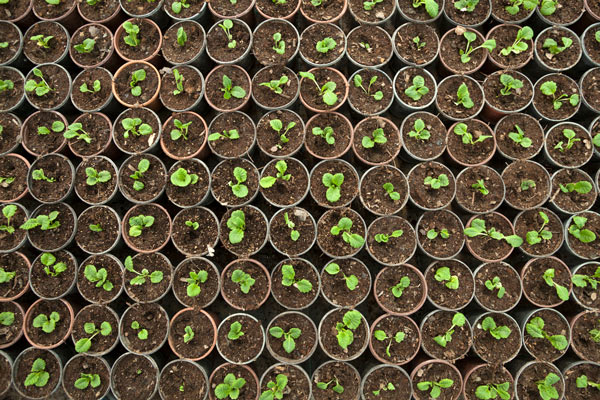Weeds and wildflowers.
They’re yanked with impunity out of vegetable gardens. They’re doused in pesticides to banish them from urban sidewalks. They’re maligned as a nuisance and brushed aside in favor of their more glamorous, colorful, cultivated cousins.
But, more than ever, it seems some of these weeds and wildflowers may hold the promise of better health.

Evidence of herbs being used as medicine dates back to 3000 B.C., and we have yet to exhaust the power of plants. Recently, a Chinese traditional medicine scientist won the Nobel Prize for pioneering a new drug with a wormwood compound that combats malaria. Willow bark provides the basis for aspirin. French lilac inspired Metformin, an anti-diabetes drug. And, Pacific yew tree extract generated Taxol, which is used to treat breast cancer.
By some estimates, 40 percent of prescription medicines come from plant extracts or synthesized plant compounds. In fact, the Centers for Disease Control estimates Americans spend $30.2 billion on dietary supplements.
“In most cases, people have no idea if these supplements are safe or effective,” says Elizabeth Floyd, Ph.D., associate professor in Pennington Biomedical Research Center’s Ubiquitin Biology Laboratory. “But, they like the idea of using botanicals because they are natural.”
Funded originally with a gift from the McIhenny Foundation, the Botanical Dietary Supplements Research Center at Pennington Biomedical has been studying the power of plants since 2005. Impressed by Pennington Biomedical’s contribution to groundbreaking studies, the National Institutes of Health renewed support for the BDSRC and its work of investigating botanical extracts in 2015 with a $9.2 million grant.
One of only three federally funded botanical research centers in the country—and the only one dedicated to the study of metabolic syndrome and Type 2 diabetes—the Botanical Center is a collaboration between Pennington Biomedical and Rutgers University’s Department of Plant Biology.
With support from Louisiana Charities Trust, Pennington Biomedical also partnered with University of Louisiana at Lafayette and the USGS National Wetlands Research Center to explore the potential of plants used in traditional Creole medicines for their effects in skeletal muscle, immune or fat cells related to inflammation or insulin sensitivity. That work led to an ongoing pilot study that is investigating the anti-inflammatory effects of four plant extracts in fat cells.

